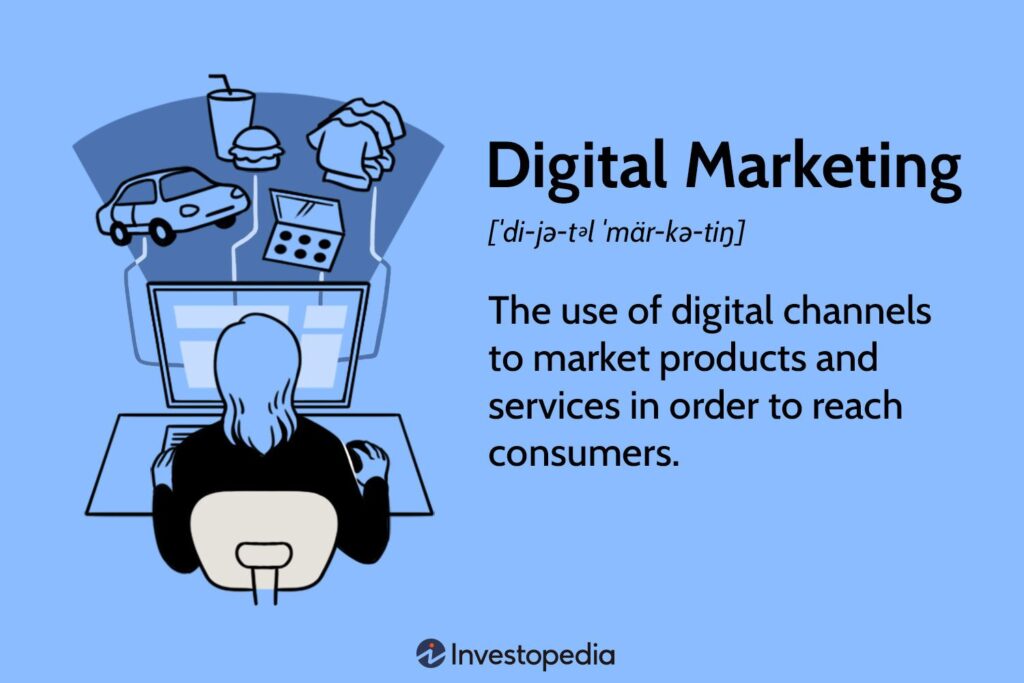
How Small Businesses Can Compete with Big Brands today’s digital-first world, the marketing battlefield has shifted from billboards and TV ads to websites, social media, and search engines. This transformation has created a unique opportunity for small businesses to compete with industry giants on a more level playing field. While big brands have larger budgets and resources, digital marketing allows small businesses to leverage creativity, agility, and strategy to attract customers and grow their market share.
1. Build a Strong Online Presence
The first step to competing with big brands is creating a strong digital footprint. A well-designed, mobile-friendly website, active social media profiles, and a Google Business listing help customers easily find and trust your brand. A professional yet simple website with clear calls-to-action can often outperform a large brand’s complex site when it comes to user experience.
2. Leverage Local SEO
Big brands often focus on global reach, while small businesses can dominate local search results. By optimizing your website with local keywords, creating location-specific content, and encouraging customers to leave Google reviews, you can show up in searches like “best bakery near me” or “digital marketing services in Malappuram.” This strategy ensures that nearby customers find you first, even over national chains.
3. Use Social Media to Engage Directly
Small businesses can use social platforms like Instagram, Facebook, and LinkedIn to connect with their audience in a personal and authentic way. Unlike big brands with rigid approval processes, small businesses can quickly respond to trends, post real-time updates, and create interactive content like polls, live videos, and behind-the-scenes stories. This human touch builds trust and loyalty.
4. Invest in Targeted Paid Ads
Digital advertising platforms like Google Ads, Facebook Ads, and Instagram Ads allow you to reach the right audience without spending a fortune. Instead of competing for expensive nationwide keywords, small businesses can run highly targeted campaigns based on location, interests, and demographics. Even a small budget can generate strong results when focused on the right audience.
5. Create High-Value Content
Content is the backbone of digital marketing. Sharing blogs, how-to guides, videos, and infographics not only educates your audience but also positions your business as an expert in your niche. A bakery can post quick recipe reels, a fitness studio can share workout tips, and a local agency can write about marketing trends. Valuable content keeps customers engaged and encourages repeat visits.
6. Build Strong Customer Relationships
One of the greatest strengths of small businesses is personalized service. Use tools like email marketing and chat support to nurture relationships, send special offers, and thank loyal customers. Big brands often struggle to offer the same personal attention that small businesses can provide naturally.
7. Stay Agile and Creative
Small businesses can adapt quickly to new trends or customer feedback, something that large corporations often can’t do. Experiment with new platforms like TikTok, run seasonal campaigns, or collaborate with local influencers to stay ahead of the curve.
Conclusion
Digital marketing has rewritten the rules of competition. With the right strategy, small businesses can build brand awareness, attract loyal customers, and even outperform larger competitors in key areas. By focusing on local SEO, engaging content, social media, and customer relationships, small businesses can prove that creativity and agility often matter more than big budgets.
